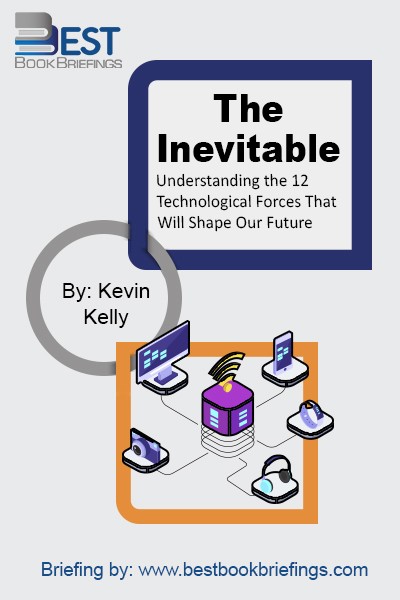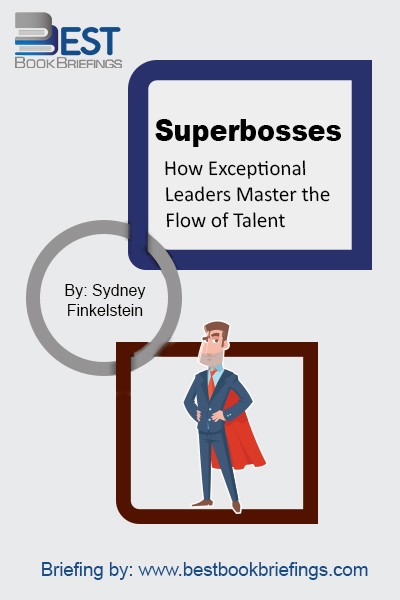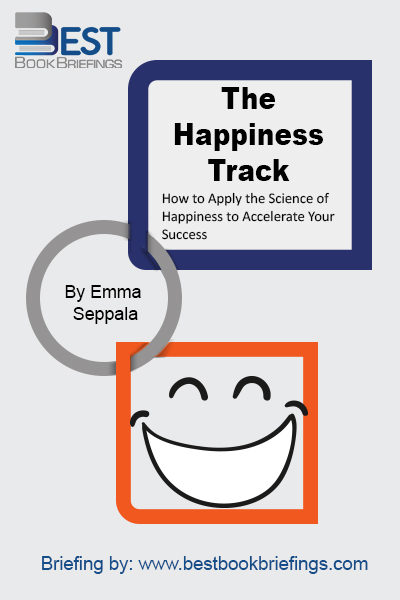The Happiness Track
How to Apply the Science of Happiness to Accelerate Your Success
Number of pages: 214
Publisher: HarperOne
BBB Library: Psychology and Strengths
ISBN: 978-0-06-234400-7
Editorial Review
Most of us want to do a good job and we want to enjoy doing it. Everyone wants to be successful and happy. And yet achieving these two goals has never been more elusive. Because of advances in technology, the pace of our lives is reaching overwhelming levels. When we do achieve our goals by rushing, straining, and keeping up, we don’t necessarily feel good; we might experience a sense of relief, but that relief comes with a high price tag: burnout, disconnection, stress. Happiness has a profound positive effect on our professional and personal lives. It increases our emotional and social intelligence, boosts our productivity, and heightens our influence over peers and colleagues. These are the very ingredients that allow us to be successful without having to sacrifice our health and psychological wellbeing.
Book Reviews
Books on Related Topics

“Inevitable” is a strong word. It sends up red flags for some people because they object that nothing is inevitable. They claim that human willpower can deflect and control any mechanical trend. And when the notion of the inevitable is forged with fancy technology, the objections to a preordained destiny are

Why do perfectly good companies have to die? They don’t. Companies can avoid or overcome almost any business challenge with the right talent. It’s when organizations don’t regenerate their talent—and with it their supply of new ideas, approaches, and solutions—that they flounder. The wisdom of talent spawner—whom we call superbosses—isn’t merely



